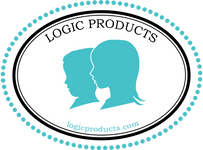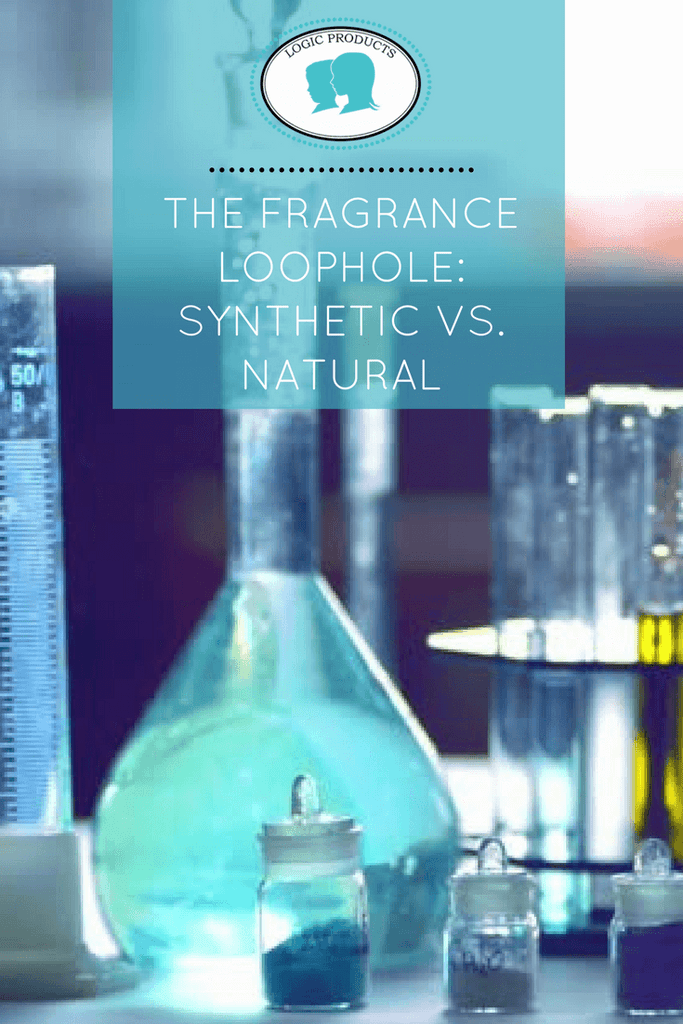Personal care products, baby products, dog grooming and household cleaning products may smell amazing, but did you ever wonder where some of those scents come from and what is actually in them?
Synthetic Fragrances
Traditional CPG companies have been very successful at creating products that have extremely pleasant and memorable fragrances. Their scents can conjure up the experience of running through fields of wild flowers to the aromatic scent of the ocean waves wrapped in a warm summer's breeze. Often, people believe the more natural a fragrance appears to the nose, the healthier it must be.
The Truth
This could not be further from the truth. Artificial scents are created in laboratories, not nature, and these fragrances are often comprised of numerous hidden chemicals. Many companies will simply say "fragrance" or "natural fragrance" and will not disclose what is actually in the scent. A company is legally able to guard this information as a trade secret, and therefore is not required to disclose its ingredients to consumers. Currently even the U.S. Food and Drug Administration (FDA), charged with regulating the safety of personal-care products, cannot ask companies about fragrance chemicals and allows them to guard them as trade secrets.
What Is In A Synthetic Fragrance?
A synthetic fragrance is comprised of artificial ingredients and can be a toxic stew of hundreds, or even thousands, of man-made chemicals. A Company may use two hundred or more of the approximately 3,000 known artificial fragrance chemicals to create a signature aroma with strong staying power. And although the scent may smell amazing, some of these individual ingredients have been linked to cancer, hormone disruption, neurotoxicity, asthma, allergies, and other health concerns; And many haven't even been tested in the first place, nor are they required to be.
Where Are They Found?
Today, synthetic scents are tough to avoid. They are found in almost everything and are part of the air most of us breathe, unless we are living in isolation on a mountain top. They are included in air fresheners, perfumed candles, and artificially fragranced products of all kinds including laundry detergent, dish soap, toilet paper, body lotion, shampoo, make up, tampons, diapers, perfumes, shaving creams, kids toys, baby gear, and beverages and foods to name a few.
Does "Natural Fragrance" or "Organic Fragrance" mean it is natural and safe?
The simple answer is no. Some products might boast claims of "natural fragrance" or "organic fragrance," but those designations have no legal definition, and there is still no regulation surrounding those claims. Therefore there is no guarantee that the fragrance does not contain toxic and artificial ingredients or isn't a blend of natural and man-made fragrances.
Why Do People Choose To Use Products With Artificial Scents?
Simply put: They can smell pretty great, and the scents are designed to last and linger for a very long time. Also, the companies making these products have become experts at marketing them and have conditioned the general public to accept the notion "if it smells good, it is good." Often people associate the potency of the scent with the efficacy of the product. Many people simply do not realize that having their home smell like a freshly baked apple pie year round through a device they plugged into an outlet is not a healthy choice; Or that spraying their favorite air freshener to eliminate unwanted odors also infuses the air they breathe with a potent cocktail of dangerous and carcinogenic chemicals which are harmful to people of all ages, pets, and the atmosphere.
3 Big Questions:
The 3 questions we should all be asking are:- Why are we choosing to subject ourselves and our families to artificial fragrances if we do not know what is in their ingredients?
- Why do the companies making these products refuse to share this information, and is this fair to their customers?
- And is the risk of using these products on our selves, in our homes, on our kids, and on our pets worth it if we are not allowed to know what is really in the products we are choosing to use anyway? 


Leave a comment